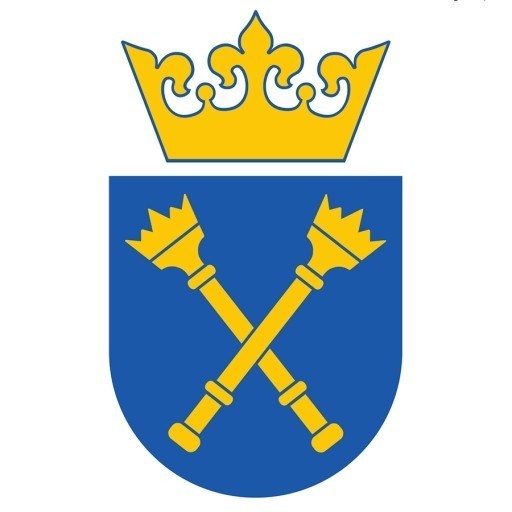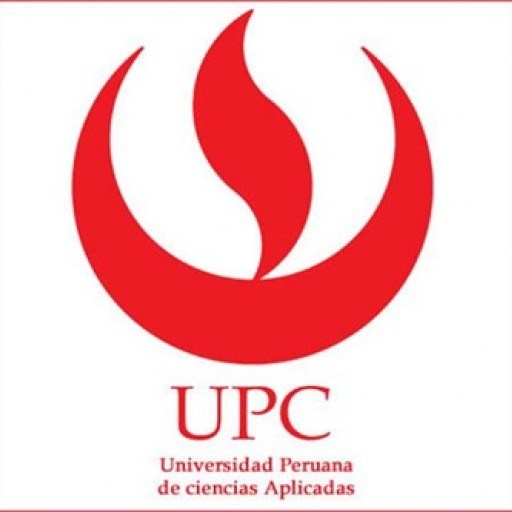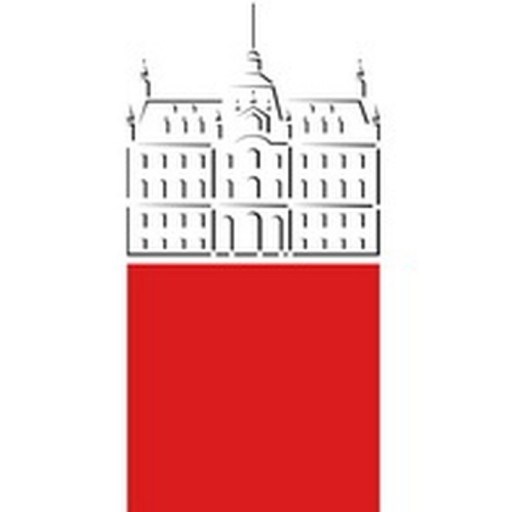Photos of university / #jagiellonian_university
European Studies at Jagiellonian University in Kraków offers a comprehensive interdisciplinary education designed to deepen students' understanding of the political, economic, cultural, and historical dimensions of Europe. This program aims to prepare graduates for careers in international organizations, diplomatic services, European institutions, non-governmental organizations, and the private sector, where expertise in European integration and regional cooperation is highly valued. The curriculum combines core courses in European politics, law, economics, history, and culture with specialized modules that reflect current issues such as EU governance, international relations, migration, and sustainability. Students have the opportunity to develop critical thinking, analytical skills, and multilingual competence, often including language courses in English and other European languages. The program emphasizes practical knowledge through seminars, workshops, and internships, enabling students to apply theoretical frameworks to real-world challenges facing Europe today. The university's location in Kraków, a historic city with rich cultural heritage, provides an inspiring environment for academic and personal development. The program is designed for students who are passionate about European affairs, open to cultural diversity, and eager to participate actively in European integration processes. Graduates will gain a solid foundation in European Studies that combines academic excellence with practical skills, preparing them for dynamic careers in international relations, policy analysis, journalism, or further academic pursuits. With a strong network of alumni and partnerships with European institutions, the program offers valuable opportunities for professional development and engagement with key issues shaping the continent.
European Studies at the Jagiellonian University in Kraków offers a comprehensive and interdisciplinary program designed to provide students with in-depth knowledge of European political, economic, cultural, and legal issues. The curriculum combines insights from political science, history, international relations, economics, law, and sociology to deliver a holistic understanding of Europe's complex and dynamic nature. Students will explore the historical development of European integration, the functioning of European institutions, and the challenges faced by the continent in the 21st century, including migration, security, and economic disparities.
The program emphasizes critical thinking, analytical skills, and a thorough understanding of contemporary European affairs. Coursework includes lectures, seminars, case studies, and workshops led by experienced scholars and practitioners. Students will examine key topics such as EU governance, policies, and diplomacy, as well as the socio-cultural diversity across European nations. They will also learn about the historical processes that shaped modern Europe, from the Middle Ages to the present day, and analyze the implications of current political and economic trends.
Throughout the program, students are encouraged to participate in internships and exchange programs to gain practical experience and broaden their perspectives. The program prepares graduates for careers in international organizations, government agencies, NGOs, research institutions, and private sector entities involved in European affairs. Equipped with a deep understanding of the European Union and its member states, graduates will be well-positioned to contribute to European integration, policy-making, and international cooperation.
By the end of their studies, students will develop strong research and communication skills, allowing them to analyze, interpret, and present complex issues related to Europe effectively. The program also offers opportunities for language learning and intercultural competence, essential for working in multinational environments. Overall, European Studies at the Jagiellonian University aims to cultivate informed, active, and responsible European citizens capable of engaging with the critical challenges and opportunities facing Europe today.
The European Studies program at Jagiellonian University in Kraków requires prospective students to meet certain academic and language prerequisites. Applicants must possess a completed secondary school leaving certificate or an equivalent qualification recognized by the Polish education authorities. A good command of English is essential, as the program is taught entirely in English, and applicants are typically required to demonstrate their proficiency through standardized tests such as the IELTS or TOEFL, or by providing proof of previous education in English. In addition, applicants may need to submit a motivation letter outlining their interest in European integration, cultural studies, and international relations, as well as relevant extracurricular activities or previous coursework related to European history, politics, or economics. The program may also value prior experience in international exchanges, voluntary work, or internships within European institutions or NGOs, although these are not strictly mandatory. The selection process primarily evaluates academic achievements, language proficiency, and motivation, often involving an interview or an additional assessment task. Once admitted, students are expected to complete a series of core courses covering European Union policies, European history, political science, economics, and law, complemented by elective courses allowing specialization. The curriculum emphasizes interdisciplinary approaches, critical thinking, and practical skills such as policy analysis and cross-cultural communication. Students must also undertake a minor or language module to enhance their linguistic abilities within the European context. Attendance at seminars, workshops, and conferences dedicated to European issues is highly encouraged to deepen understanding and foster networking opportunities. Successful completion of the program requires passing all examinations, participation in group projects, and the preparation of a final thesis related to European integration topics. Internships or study exchanges abroad are often part of the program, providing students with hands-on experience and a global perspective. Overall, the European Studies program aims to develop knowledgeable, critically-minded graduates capable of engaging with European political, social, and economic challenges in various professional environments.
The financing of the European Studies program at the Jagiellonian University is primarily supported through a combination of domestic university funds, government subsidies, and external funding sources. Students enrolled in the program are typically responsible for covering tuition fees, which are determined annually by the university authorities and vary depending on the student’s nationality, level of studies, and specific agreements. Polish citizens benefiting from state subsidies or grants may pay reduced fees or be exempt from tuition costs, depending on the conditions of their funding. International students are generally required to pay full tuition fees, which are competitive within the region and are detailed in the university’s official tariff schedule.
In addition to tuition fees, students may access various financial aid options, including scholarships, stipends, and grants. The university offers merit-based scholarships for outstanding students, which may cover part or all of the tuition costs and sometimes include living expenses. There are also government-funded programs aimed at supporting international students, such as national scholarship initiatives or bilateral agreements that facilitate mobility and funding opportunities. Furthermore, the university encourages students to seek external scholarships from European Union programs, foundations, and international organizations dedicated to promoting higher education and cultural exchange.
The Jagiellonian University also applies for and manages funds from the European Union’s educational development programs, which aim to enhance the quality and international competitiveness of its degree offerings. These funds support curriculum development, faculty training, and the implementation of innovative teaching methods, indirectly benefiting students by improving program quality and potentially reducing costs. The university’s cooperation with various partners allows students to participate in exchange programs, internships, and joint projects, some of which are financed through EU mobility grants, thus providing additional financial support during their studies.
Overall, the financing structure of the European Studies program is designed to ensure broad access and promote international cooperation. While students are expected to contribute financially through tuition, there are numerous opportunities for financial aid and external funding that can ease the financial burden and enhance the learning experience. The university remains committed to transparency and provides detailed information on available grants, scholarships, and financial aid options through its official channels to facilitate prospective and current students’ planning.
European Studies at the Jagiellonian University in Kraków offers a comprehensive interdisciplinary program designed to prepare students for understanding and engaging with the complex political, economic, cultural, and social issues facing Europe today. The program emphasizes a multidisciplinary approach, drawing from fields such as political science, history, sociology, law, and international relations. It aims to equip students with analytical skills, multilingual proficiency, and a deep understanding of European integration processes, EU institutions, and international diplomacy. The curriculum includes courses on European history, law, economics, political systems, and contemporary European affairs, often delivered in English to foster international communication skills. Students have opportunities for internships, research projects, and exchange programs with partner universities across Europe to gain practical experience and enhance their intercultural competencies. The program also emphasizes critical thinking, policy analysis, and the development of a global perspective on European issues. Graduates are prepared for careers in public administration, international organizations, diplomacy, NGOs, journalism, and academia. The university provides modern facilities, experienced faculty members, and an active student community committed to fostering international cooperation and scholarly excellence. The program's structure allows students to tailor their educational paths through elective courses, and many students participate in seminars, conferences, and workshops hosted by the university. The language of instruction often includes English, aligning with the university’s strategy to promote internationalization and accessibility for students from around the world. Overall, the European Studies program at the Jagiellonian University represents a rigorous academic pursuit that combines theoretical knowledge with practical skills necessary for active participation in European affairs and international relations.



